
Traffic Signs in Spanish
It’s time to learn how to pronounce the traffic signs in Spanish translation. Have you ever seen traffic signs in other language? Have you ever wondered what this language has to say about streets, directions, and road signs in general?.
It is essential to know the traffic signs in Spanish, so that coexistence on public roads is optimal. If everyone knew them well, several road accidents could be avoided. Above all, understand the importance of respecting traffic signs and speed levels.
Common Road Signs:
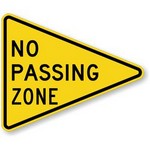
Zona para no pasar(No passing zone)
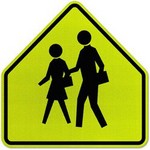
Zona de escuela(School zone)
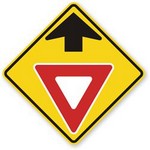
Ceda el paso adelante (Yield ahead)
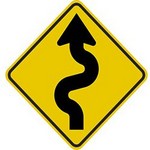
Sinuoso camino por
delante (Winding road)
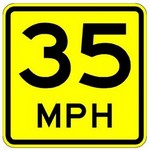
Velocidad recomendada(Advisory speed)
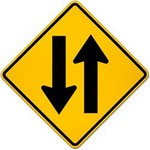
Dos sentidos de
tránsito(Two way street)
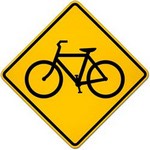
Tráfico de bicicletas (Bicycle traffic warning)

Alto, pare (Stop)
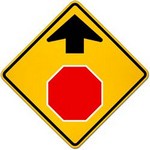
Pare a continuación(Stop ahead)
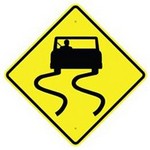
Resbaladizo cuando
está mojado(Slippery when wet)
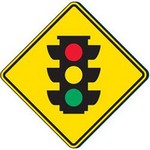
Señal adelante (Signal ahead)
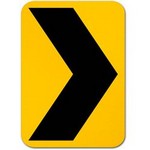
Aguda curva hacia la
derecha (Sharp curve to right)
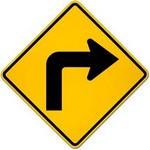
Giro a la derecha(Right turn ahead)
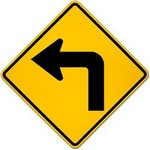
Giro a la izquierda(Left turn ahead)
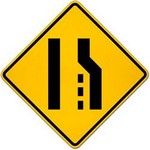
Camino derecho termina (Right lane ends)
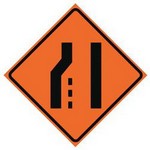
Camino izquierdo
termina (Left lane ends)
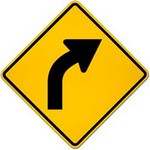
Curva a la derecha(Right curve ahead)
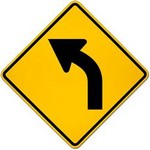
Curva a la izquierda(Left curve ahead)
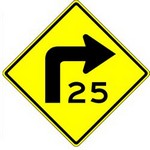
Returno de
asesoramiento (Advisory turn speed)
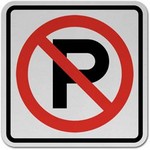
Prohibido estacionarse (No parking)
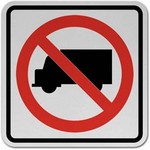
Prohibido el paso de
vehículos pesados(No
truck)
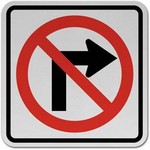
Prohibida la vuelta a
la derecha(No right turn)
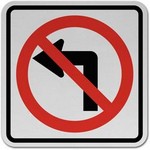
Prohibida la vuelta a
la izquierda (No left turn)
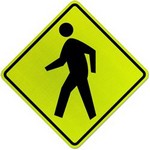
Cruce de peatones (Pedestrian crossing)
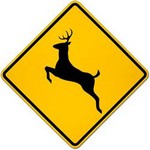
Cruce de ciervos(Deer crossing)
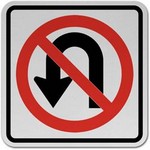
Prohibido dar la
vuelta(No U turn)
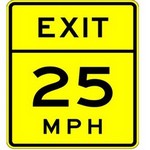
Millas por hora (Advisory speed on)
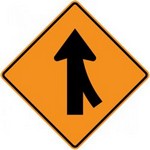
Fusión de tráfico (Merging traffic)
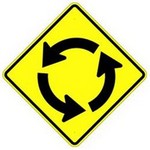
Intersección circular(Circular Intersection)
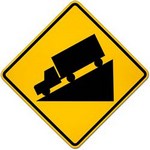
Colina(Hill)
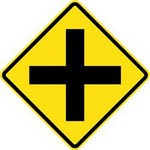
Cruce de caminos (Crossroads ahead)
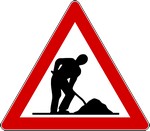
Hombres trabajando(Men at work)
Now that you know how to tell the different signs in Spanish words and how to translate them for your use, you can start using the information you’ve just learned. If you drive through a city with a well-developed traffic system, you’ll often see the signs directing you to the right way down the street. These are the routes designated for public transportation.
There are plenty of reasons why having traffic signs in Spanish is beneficial. It’s good to be able to know how to say signs in Spanish, especially when driving in a foreign country. It’s always helpful to have some way to communicate and ask questions if you get stuck.
If you’re going to spend a vacation somewhere that speaks Spanish, it’s helpful to be able to read what’s going on. If you’re visiting friends or taking a road trip, you might want to make sure that you get directions. You might also need directions to the nearest restaurant or gas station. Most modern cities have good road signs for at least their main roadways, so if you’re planning on driving a long distance, knowing how to read signs can be quite important.
Spanish Road Signs Test
Spanish Phrases to give directions
Leave a Reply
You must be logged in to post a comment.